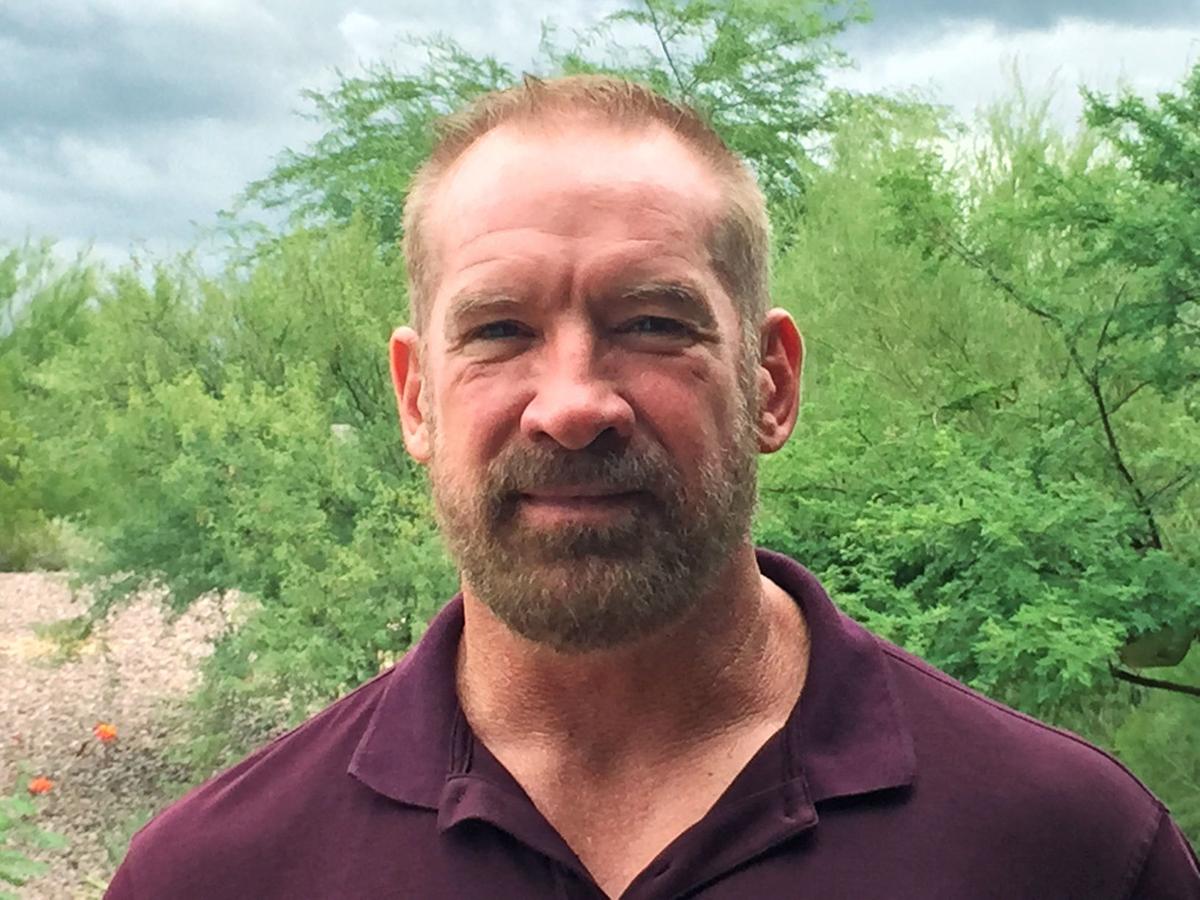For veteran Craig Sawyer, it all started with high school football.
He said that it was just part of the culture growing up in southern Texas.
“I found that just by applying myself there I could make a difference on the team,” Sawyer, 51, said.
But when he started to learn about terrorists, he took that team mentality a step further and joined the Marines.
“I felt compelled to go and confront and fight those people and stop them,” he said.
He enlisted in 1983 intending to go into force reconnaissance and work with military intelligence, but he learned after he got in that budgetary and political constraints would limit his opportunities.
“I realized that wasn’t really going to lead to the type of action that I was after out of the military, and everyone started telling me about the SEAL teams,” Sawyer said.
He tried to get a lateral transfer to the Navy and retain his rank, but that didn’t happen.
So after spending three years as a Marine, Sawyer joined the Navy and started all the way at the bottom again and worked his way back up.
“Being a SEAL was a taxing lifestyle. I was gone about 300 days out of most years, but I was into it” he said. “When we went to Desert Storm, we captured the first prisoners of that war.”
During Desert Shield and Desert Storm, Sawyer spent time on a Kuwaiti ship working as a communication link between the U.S. Navy and Kuwaiti navy and clearing mines from the ocean floor. He was also lead driver of a Fast Attack Vehicle.
When he got home in 1991, he served as a SEAL sniper instructor before joining Naval Special Warfare Group Development, or DEVGRU, and moved up to what he referred to as the Jedi level.
“That was where all the really interesting stuff happened that I’m not welcome to talk about, but I will say that there are some really impressive patriots serving there,” he said. “It was an honor just to have been there, let alone stay there for seven years.”
After he left the Navy in 1999, he worked for five years as a federal air marshal, and was one of only 33 in place during the Sept. 11, 2001, terrorist attacks.
He owns a local business that supplies products to members of law enforcement and he is involved in the anti-poaching movement, having been invited to African countries to run counter-poaching efforts.
“In all my brilliant wisdom I’ve gone from one war zone to another war zone- protecting endangered animals from poachers,” he said. “It’s a very big effort.”
But he still hasn’t forgotten about high school football and what it meant to him, giving motivational speeches to his son’s team before games.
“I relate teamwork and how hard we work in the SEAL teams and how dedicated we are to each other. The principle is the same for football: You all work together for one goal.”





